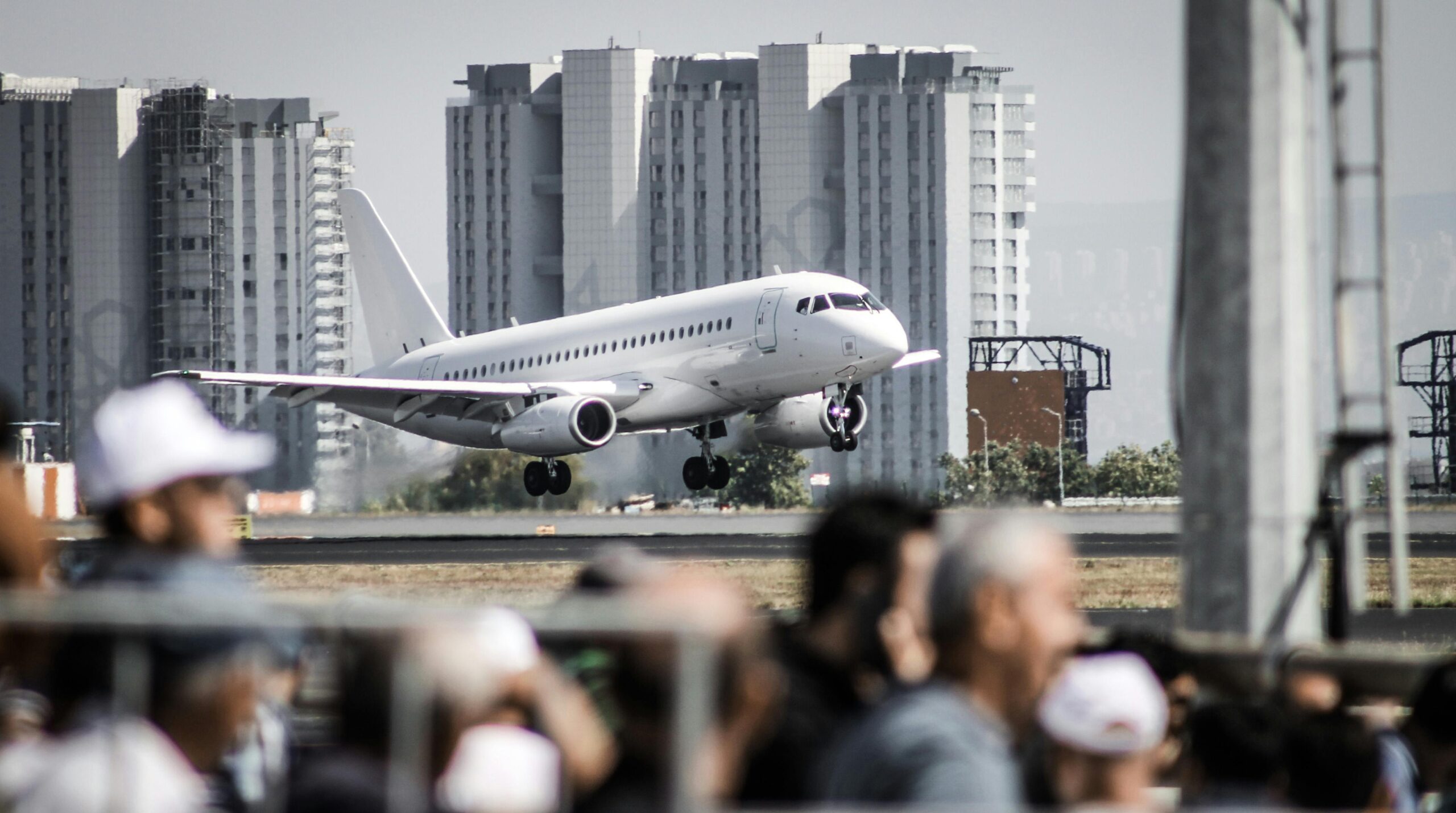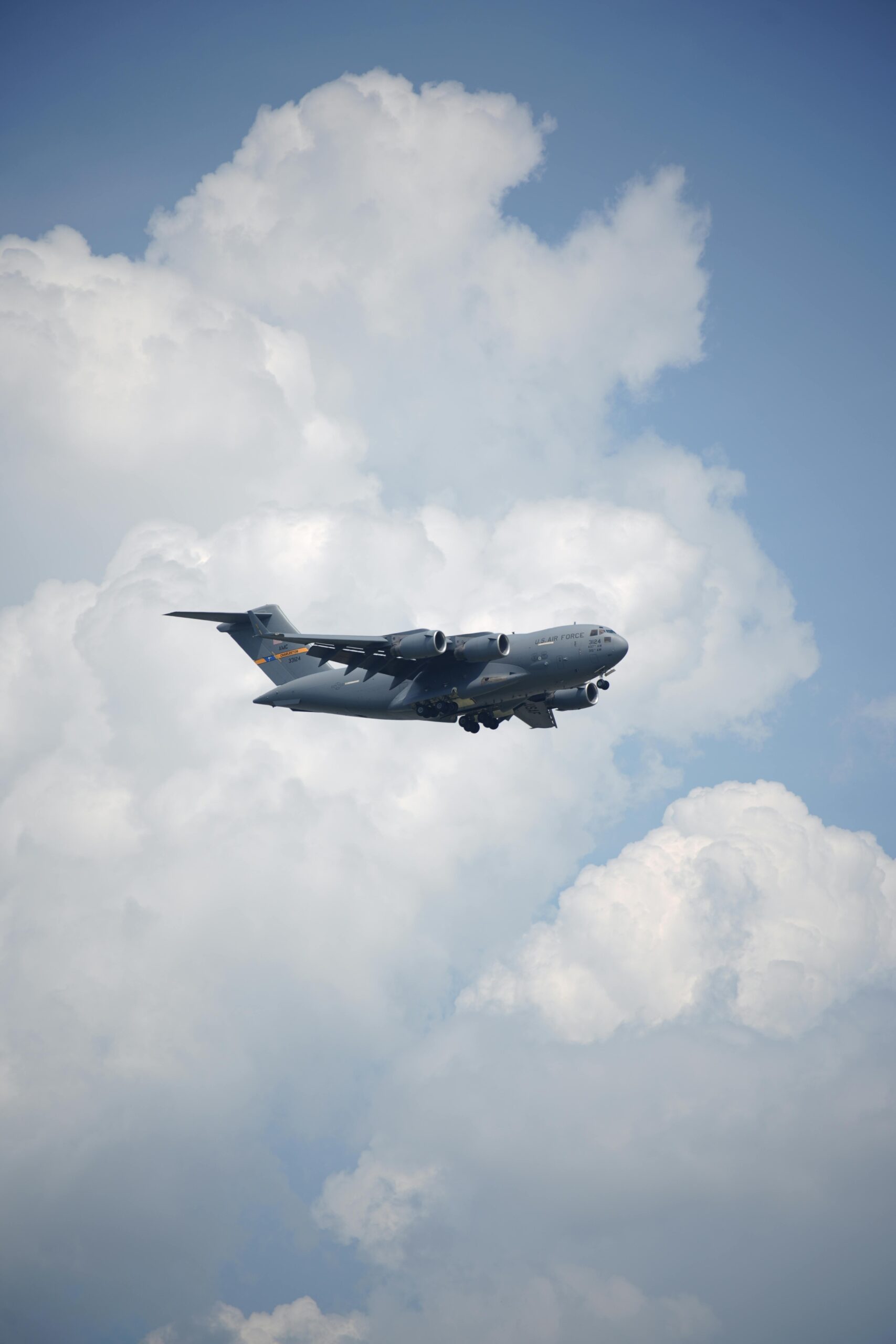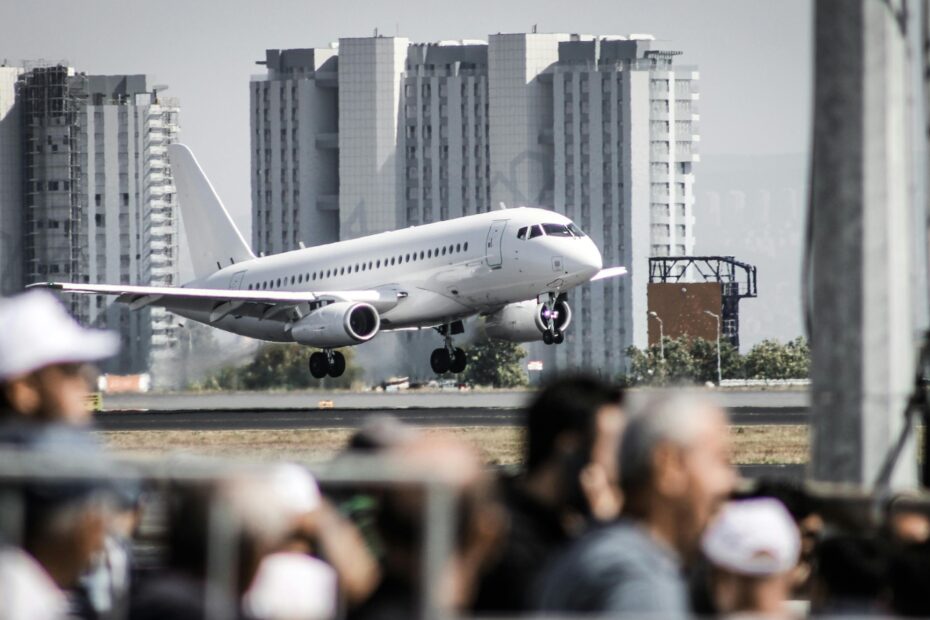Boeing has been a major player in both commercial flying and defense industries. However in the recent years, Boeing’s commercial aviation division has faced several challenges, like fluctuating demand, increasing competition and political uncertainties. These factors have raised concerns about the company’s ability to grow in the commercial sector. On the other hand, Boeing’s defense contracts and government deals offer a solid foundation that can help drive further growth for the company, and its stock performance. In this article we will explore how Boeing’s defense contracts can shape its future, help with the challenges and why investors should take a closer look at the defense side of the business.

Challenges in Boeing’s Commercial Aviation Sector
In recent times, we have seen that Boeing’s commercial division has faced some challenges due to several factors, including:
- Fluctuating demand
The commercial flight economy is still recovering from the impacts of the Covid-19 crisis. Even though the demand for travel has returned, it is still quite volatile with dips and surges depending on consumer confidence.
- Competition
Boeing has been facing strong competition from rivals such as Airbus. Airbus has been increasing its market share over the last few years. They mostly have been gathering market share in the single-aisle aircraft category, this is because their A320neo series has been a popular choice for airlines.
- Supply chain disruptions and political risks
Like many other global manufacturers, Boeing has been struggling with supply chain disruptions. Delays in production and the availability of certain parts have led to delivery delays. This has affected their profitability.
Trade tensions, mostly between China and the United States can also impact Boeing’s business. Because a lot of their clients are from China, tensions can lead to lower future sales or deliveries to Chinese airlines.
Boeing their position in the Defense industry

While commercial aviation remains a critical part in Boeing’s business, its defense segment has become increasingly more important for the company’s financial situation. Boeing is a key player in the defense industry, manufacturing weapons, military aircrafts and space systems for the United States government and its allied nations. Boeing’s defense contracts offer a buffer against the volatility of the commercial sector. Defense spending is generally way less volatile than commercial spending, and government contracts provide a stable income stream. Additionally, Boeng’s strong reputation in the defense sector positions them well to capitalize on future opportunities.
Key Defense Contracts and Recent Developments for Boeing
Boeing has landed several major defense contracts in recent years, which are expected to play a significant role in the company’s future growth:
- F/A-18 Super Hornet
Boeing’s ongoing contract to supply F/A-18 Super Hornet fighter jets to the U.S. Navy remains a steady source of business. Additionally, various foreign military forces have expressed interest in acquiring these jets, expanding Boeing’s global defense footprint.
- KC-46 Pegasus Tanker
Boeing’s agreement to deliver KC-46 Pegasus aerial refueling tankers to the U.S. Air Force is another critical program contributing to stable revenue. Despite initial production setbacks, Boeing has addressed these challenges, and the KC-46 remains a key part of its defense portfolio.
- Missile and Weapon Systems
Boeing’s participation in missile defense projects, such as the Ground-based Midcourse Defense (GMD) system, further solidifies its reputation as a major player in national security and defense technologies.
- Space and Satellite Systems
Boeing plays a pivotal role in space exploration and satellite technology, with partnerships including NASA and other international space agencies. Its involvement in building communication and defense satellites positions the company well to capitalize on growing demand in these high-tech fields.
Conclusion
Boeing’s defense contracts are becoming more important for the company’s future, providing stability while its commercial aviation side faces challenges. With strong defense deals and growth in space and military technology, Boeing’s defense division could help balance out the ups and downs in commercial aviation. For investors, Boeing’s mix of both defense and commercial businesses offers a good chance for long-term growth, especially with rising global defense spending. While there are still risks in the commercial market, Boeing’s solid position in defense gives it a good chance to handle future challenges.
References
Boeinhttps://www.boeing-me.com/en/news/2024/boeing-to-focus-on-defense-and-commercial-capabilities-at-inaugural-egypt-international-airshow-2024g focusing on defense
